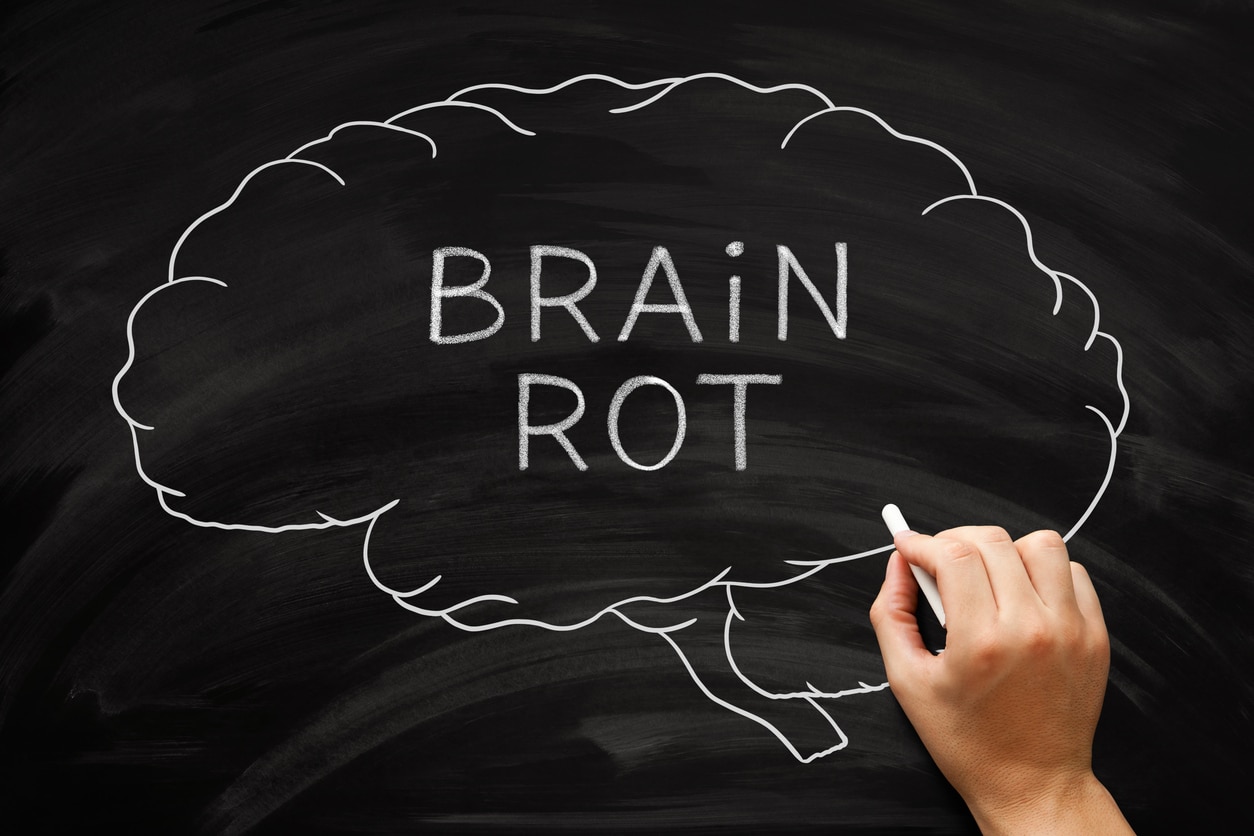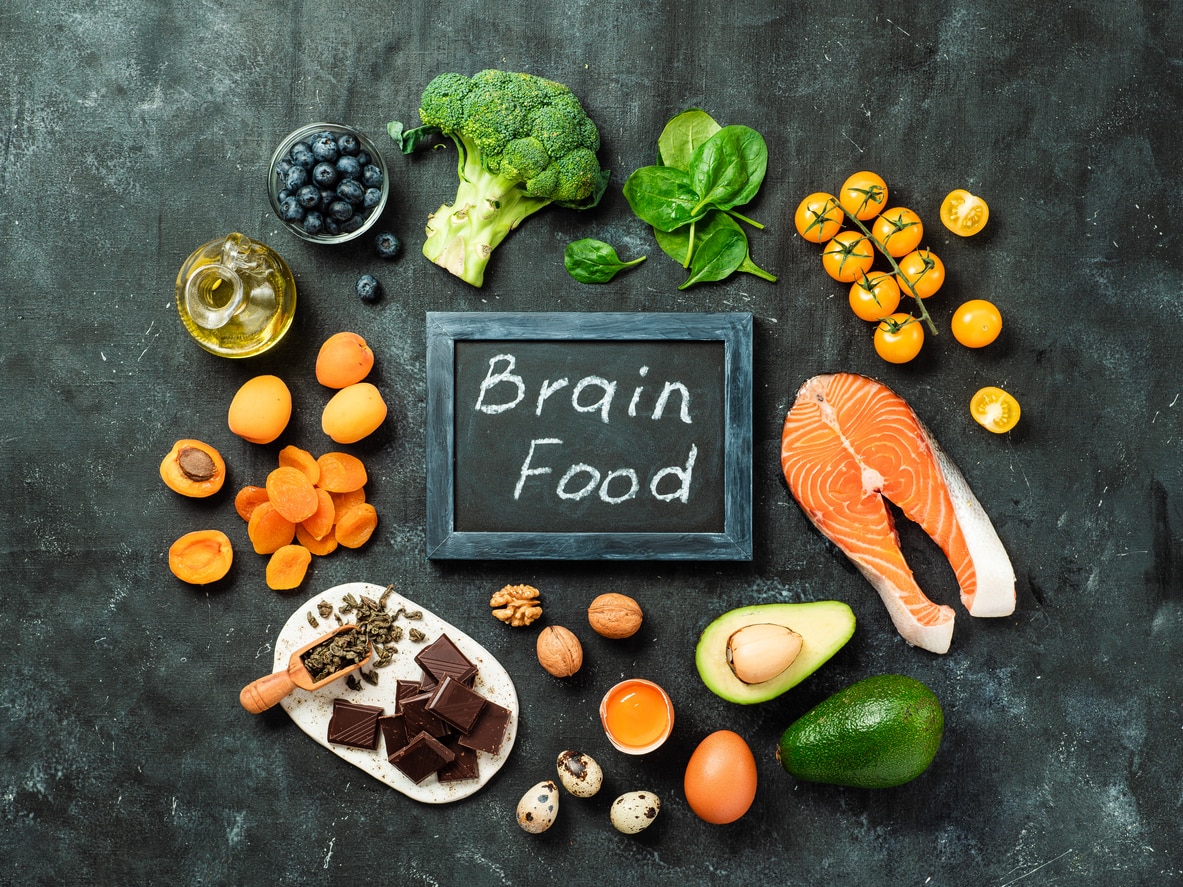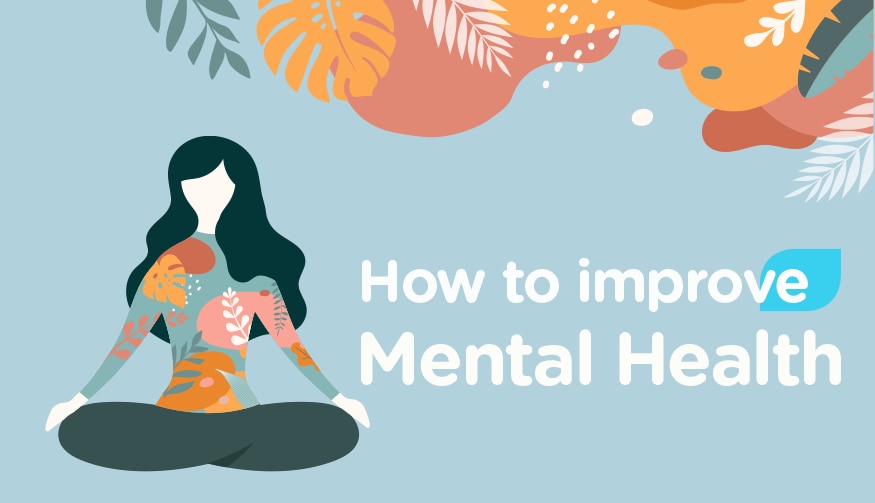As we age, we naturally experience some decline in cognitive abilities. However, there’s a difference between standard, age-related memory loss and a more serious condition known as “Brain rot”, as named Oxford Word of the Year 2024. This blog post will explore what brain rot is, what causes it, and how to prevent it.
It’s essential to seek medical attention if the symptoms persist or worsen.
What is “Brain rot”?

Brain rot is a term used to describe a gradual decline in cognitive abilities, including memory, attention, and problem-solving skills. While it’s normal to experience some memory loss as we age, brain rot is a more serious condition that can interfere with daily life and increase the risk of dementia.
Factors that can contribute to “Brain rot”:
There are many factors that can contribute to brain rot, including:
- Chronic stress
- Lack of mental stimulation
- Poor diet and nutrition
- Sedentary lifestyle
- Smoking and alcohol abuse
- Sleep disorders
- Certain medical conditions, such as diabetes and hypertension
Symptoms of “Brain rot”:
Brain rot can manifest in different ways, depending on the underlying cause and the severity of the condition. Here are some common symptoms to look out for:
- Memory loss
- Difficulty concentrating
- Confusion
- Language problems
- Visual-spatial problems
- Decreased reasoning skills
- Loss of initiative
- Changes in mood or behavior
Tips to prevent “Brain rot”:
While there is no cure for brain rot, there are many steps you can take to prevent or slow down cognitive decline. Here are some tips to keep your brain healthy and sharp:
- Stay mentally active

Engage in activities that challenge your brain, such as puzzles, games, reading, writing, or learning a new skill.
- Exercise regularly:

Physical activity increases blood flow to the brain and promotes the growth of new brain cells.
- Regular intake of supplements to support brain health:

Certain supplements, such as omega-3 fatty acids, antioxidants, B vitamins, curcumin, and ginkgo biloba, may support brain health and reduce the risk of cognitive decline. However, they should not replace a healthy lifestyle. Consult a healthcare professional before taking any supplements.
- Eat a healthy diet:

A diet rich in fruits, vegetables, whole grains, lean protein, and healthy fats can support brain health.
- Get enough sleep:

Sleep is essential for memory consolidation and brain repair.
- Manage stress:

Chronic stress can damage the brain and accelerate cognitive decline. Practice stress-reducing techniques, such as meditation, yoga, or deep breathing.













